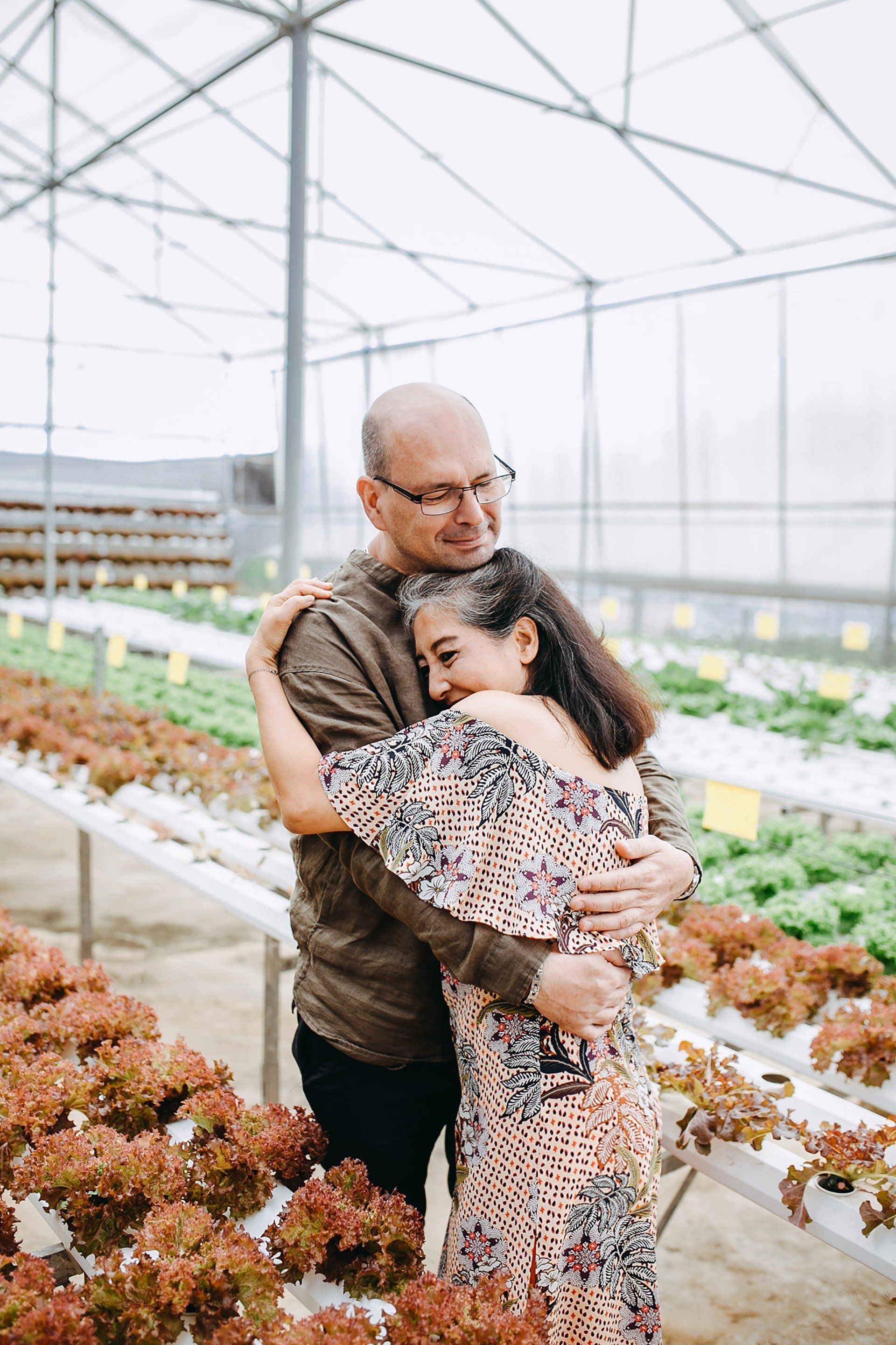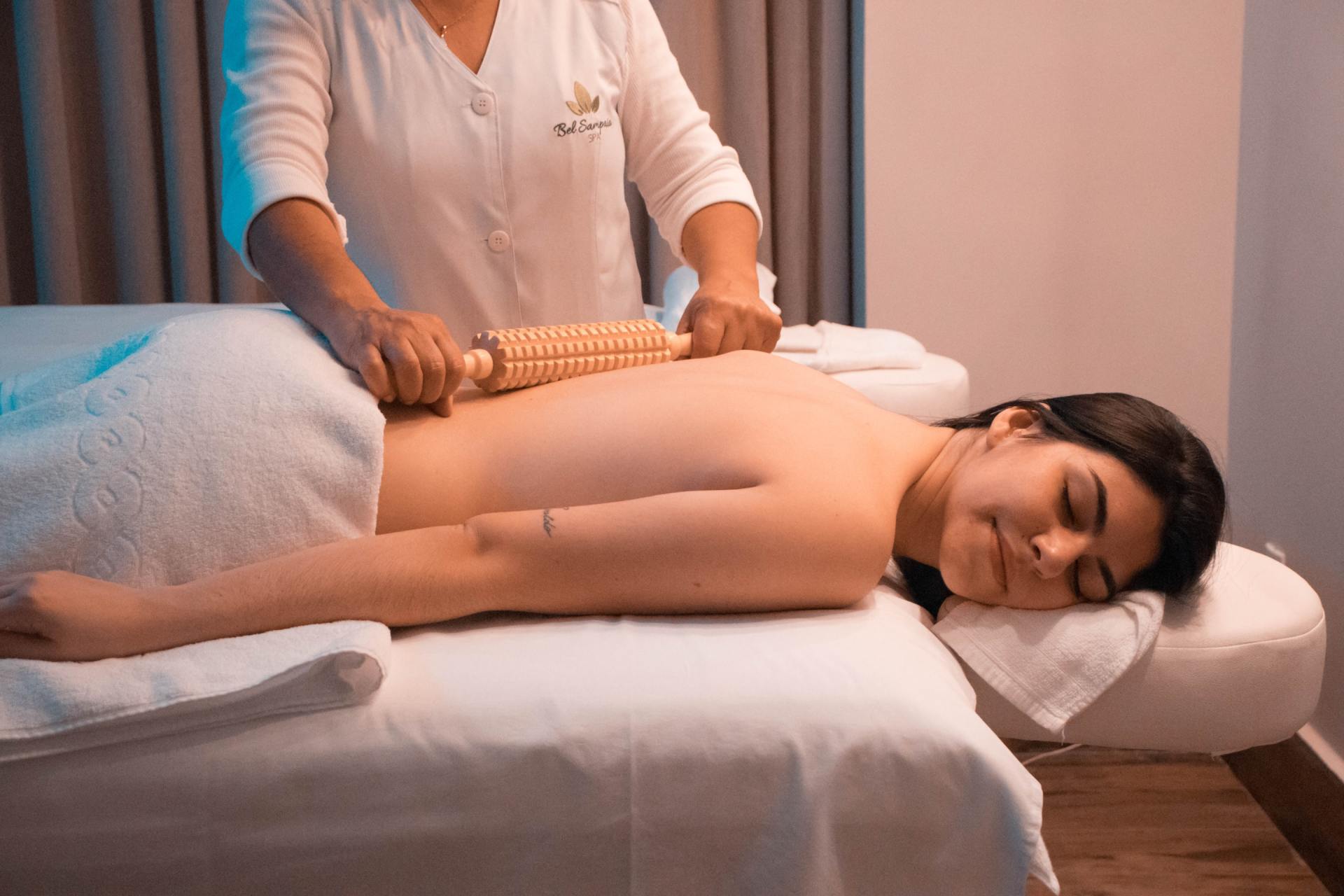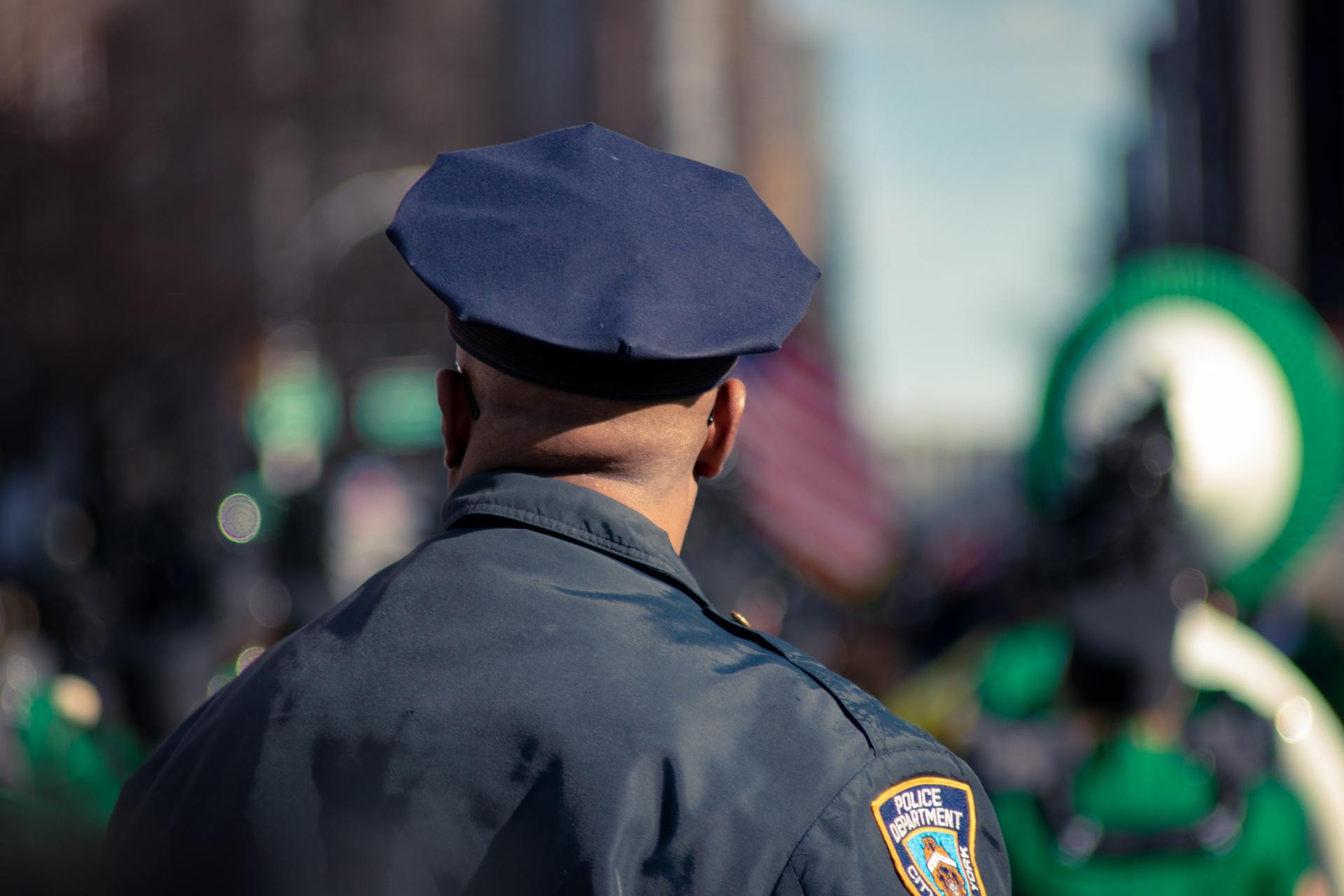Normal stress is part of surviving as a human. We are triggered, we get stressed, we deal with it, we might grow from the experience and then we move on. But what about unrelenting stress? Stress that is so insidious, ongoing and perhaps the type of stress that you don’t have the tools to deal with. This stress and the elevated hormonal response plays out in your body in so many ways. Within the first few seconds of experiencing a negative emotion, people automatically tense the muscles in their jaw and around the eyes and mouth. The lower body gets ready to fight or flight with a shortening and tensing of the hip flexors and the psoas. And if these clenched muscles are never fully released, this lingering grasp on the hips and neck not only traps muscular tension, but emotional tension too. The longer you suppress emotion, the tighter the grasp.
Neurophysiologists explain that with repeated stress, people over time have shorter and shorter neck and shoulder muscles and tighter muscles in the hips. And if you add to this work practices like constantly looking down at papers or a computer, your neck may be angled in one position for an extended period of time without any movement, causing restricted blood flow to neck muscles. Sitting for long periods shortens your hip flexors as well.
If you work in a hostile or highly competitive environment you will hunch your shoulders to metaphorically grow that hard shell on your back to ward off the stings and attacks. And highly stressed people have chronically tight brow muscles (corrugator muscles) even when they did not think they were frowning.
I like to see yoga and YIN yoga in particular, as a slow release of these habitually clenched muscles in the body. As you learn to lengthen those short muscles and release all that unwanted emotional memory in your body, you’ll start the journey of unravelling that legacy of stress.
Margot Wagner
Yoga Under the Bodhi Tree
(Find and like articles similar to this on my Facebook Page: Yoga Under the Bodhi Tree)
MORE SCENIC NEWS
-
COMMUNITY CAMERA ALLIANCE – YOUR CHANCE TO HELP
Mar 28, 2024ButtonIt's essential for community members to remain vigilant and take steps to safeguard their properties and vehicle...
-
GALLERY’S $30,000 MAJOR ART AWARD RETURNS
Mar 28, 2024ButtonThe award, named after the sacred mountain which the Gallery overlooks, is open to artists living across the...
-
ANNE HOITINK – APRIL 2, 1945 – MARCH 15, 2024
Mar 28, 2024ButtonMigrated to Australia on 29 November 1952, aged 7 years. Going directly to the suburb of Reid in Canber...
-
KERRI: AN HONOUR TO FILL THE ROLE FOR DIVISION 2
Mar 28, 2024ButtonDuring the pre-poll part of the campaign, I was very grateful for the opportunity to be able to meet an...
-
DO HOP IN FOR A NEW MONTE LUPO EXHIBITION
Mar 28, 2024ButtonMonte Lupo was established by Multicap in 1991 to provide meaningful employment to people living with di...
-
GREAT SUCCESS FOR LITTLE ATHLETES
Mar 28, 2024ButtonRuby, Lily, Talia, Torah, Hugo, Leiawyn, Aric, Dean, Mitchell, Harvey and Noa; you all should be so proud ...
-
A NEW CHAPTER FOR WOLVES BASKETBALL
Mar 28, 2024ButtonAs the sun sets on an incredible experience, it's time for me, Adam Chanter, to say farewell as the Pre...
-
GRAND OPTIONS CATER TO MOST NEEDS AND TASTES
Mar 28, 2024ButtonFor weddings, services can be held in The Old Church, which stands as a proud member of architecturally sig...
-
BREACH OF CODE: RULING ON MAYOR CHRISTENSEN RAISES MORE VOTER CONCERNS ON ELECTION EVE
Mar 14, 2024ButtonAdditionally, Christensen is to bear his legal costs, with a warning that any future infractions will be classifie...
-
THE LONG ROAD SPORTS CENTRE AND REGIONAL SPORT - WHERE DO YOU STAND
Mar 14, 2024ButtonThe SRRC Sports strategy 2010-2020 is to be shortly superseded by the 2024 – 2034 SRRC Sports Strategy....
LOCAL BUSINESS
COLUMNS
-
Beauty & Wellness
ButtonWriter: Rebecca Mander - Naturally Cos
-
Community Care
ButtonWriter: Geoff Marshall
-
Embrace
ButtonWriter: Jaap Vogel
-
Food for Thought
ButtonWriter: Dylan Gittoes
-
Hooked on Books
ButtonWriter: Friends of TM Library
-
Living with Dogs
ButtonWriter: Pam Brandis (Dip. Canine Prac.)
-
Nature Notes
ButtonWriter: Nadia O’Carroll
-
Pastor Kim
ButtonWriter: Pastor Kim Dale
-
Physio Talk
ButtonWriter: Neil Bell (Tamborine Mountain Physique)
-
Police News
ButtonWriter: Sgt Mark Shields
Officer in Charge
North Tamborine Police
-
Politics
ButtonWriter: Local Councillors and Representatives
-
Relationships
ButtonWriter: Linda Gray
-
The Mtn Midwife
ButtonWriter: Bree Lowing (Registered Midwife)
-
Travelling Places
ButtonWriter: Travelling Places Tamborine Mtn
-
Wine chat
ButtonWriter: Imogen Mulcahy
-
Yoga Under the Bodhi Tree
ButtonWriter: Margot Wagner
Your Local Paper
to read, keep & share

Your Local Paper
to read, keep & share
CONTACT
PO Box 118, North Tamborine Qld 4272
Phone: 0407 671 286
Email:
news@tmnews.com.au
ads@tmnews.com.au
Design by BjornSchmal.com


















